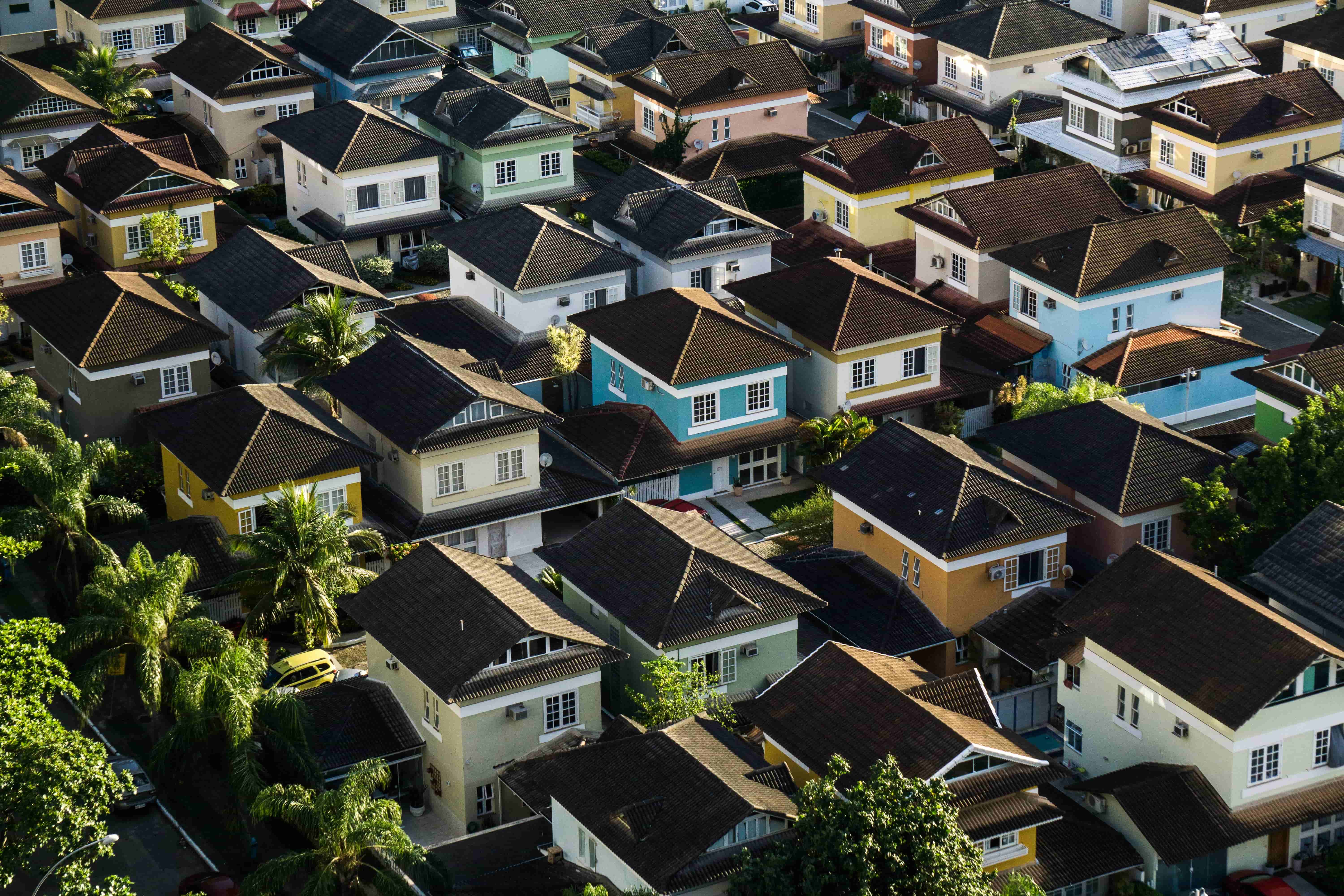Newly Released Statistics Reveal that Fewer Foreign Buyers are Buying Homes in the GTA
May 17, 2019
written on behalf of Feigenbaum Law
We’ve previously blogged about measures being implemented in various jurisdictions across Canada intended to cool down the housing market and address affordability by taxing foreign buyers. Among such measures was a Foreign Buyer’s Tax introduced in British Columbia (and separately also within Vancouver). We also blogged about creative ways that foreign buyers have been attempting to circumvent measures such as the Foreign Buyer’s Tax.
Much like in BC, Ontario has its own foreign buyer’s tax, officially known as the Non-Resident Speculation Tax (NRST) and intended to decrease the rate at which non-Canadian buyers are purchasing residential real estate and driving up prices.
A recent CBC report notes that recent statistics issued by the provincial government suggest that non-residents are buying fewer homes than they did in the initial first few months after the tax went into effect.
Ontario’s Non-Resident Speculation Tax
The NRST was introduced by the former Liberal government on April 21, 2017.
The tax levies a 15% levy on the purchase of (or acquisition of interest in) residential property in the Greater Golden Horseshoe Region (GGHR) by:
- anyone who is not a citizen or permanent resident of Canada;
- foreign corporations (i.e. foreign entities); and/or
- taxable trustees.
The NRST applies in addition to the general land transfer tax in Ontario.
Statistics on the Non-Resident Speculation Tax
Last week, CBC News reported the provincial government has stopped publishing statistics about this province’s foreign buyer’s tax, officially known as the Non-Resident Speculation Tax (NRST), making it challenging to determine the effect this measure has been having on the real estate market.
The initial report noted that during the first 10 months that NRST was in place, the government published statistics on the amount of revenue that was generated through the tax ($172 million up to that point in time). According to the CBC, those statistics stopped bring published in April 2018, and no new data was released after the new provincial PC government was elected.
When asked why this information was no longer being made public, the provincial Finance Minister told the CBC that he “didn’t know”.
Within days of the original CBC report, the government made new statistics public.
These newly released numbers show that non-residents bought 1,788 homes in the GGHR between February 2018 and March 2019, netting the government $221 million during that time frame. Foreign buyers have accounted for approximately 1.8% of total home purchases since the NRST was implemented. This is lower than the 5-10% of homebuyers that it was estimated foreign buyers made up before the tax was introduced.
Potential Changes Coming?
Since coming into power in March 2018, the PC government has publicly considered eliminating the NRST. The government recently released its Housing Supply Action Plan, intended to build more affordable homes as a means of addressing the province’s housing crisis.
The proposed changes include ways to make it easier to build different types of housing (i.e. single homes, detached homes, townhouses, mid-size rental apartments, second units, etc.) in order to “encourage builders to build the types of housing people actually need.” Other proposed changes include the elimination of a charge for creating a second suite in new homes allowing homeowners to add on units in laneways and above garages.
The plan makes no proposed changes to the NRST.
How Can Feigenbaum Law Help?
We will continue to follow developments in this matter and will provide updates as they become available.
In the interim, if you need assistance with personal tax planning, speak to Mark Feigenbaum. We offer customized solutions for each of our clients that streamline compliance requirements and set them up to take advantage of all possible current and future opportunities to reduce their tax burden. Contact us to learn more about how we can help or call us at (416) 777-8433 or toll free at (877) 275-4792.





